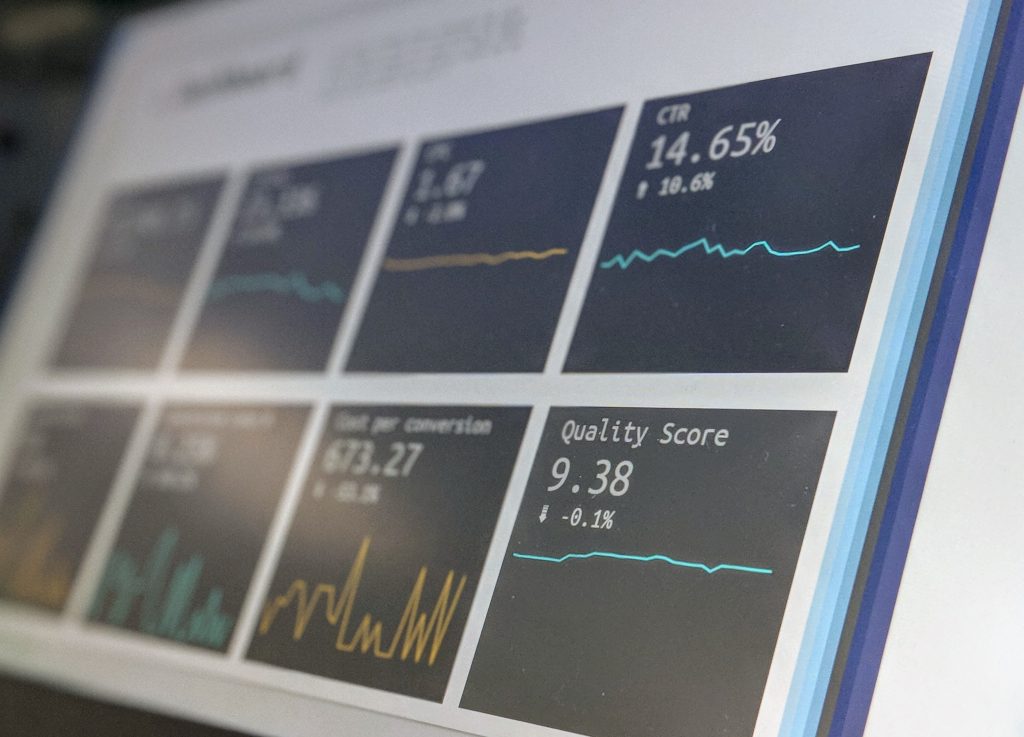The healthcare industry has witnessed remarkable advancements in technology in recent years, transforming the way healthcare is delivered to patients. Healthcare application development is at the forefront of this transformation, leveraging the latest technology trends to enhance patient care and operational efficiency. In this blog, we will explore the latest technology trends in healthcare application development.

Top Healthcare Trends in 2023
Artificial Intelligence (AI)
Artificial intelligence is transforming healthcare by enhancing patient care and operational efficiency. AI-powered applications are used for tasks like predicting patient outcomes, identifying high-risk patients, and streamlining administrative tasks. For instance, the National Health Service (NHS) in the UK is using AI to predict which patients will require emergency hospital admission within a year.
Internet of Things (IoT)
The Internet of Things (IoT) is revolutionizing healthcare by connecting devices and data to provide real-time patient monitoring and feedback. Wearable devices, smart sensors, and remote monitoring systems are some of the IoT technologies being used in healthcare applications. These devices enable healthcare providers to track patients’ vital signs, monitor medication adherence, and detect early warning signs of health problems.
Virtual Reality (VR)
Virtual reality technology is being used in healthcare to improve patient outcomes and reduce the risk of complications. For example, VR can be used to create realistic simulations for medical training or to help patients overcome phobias or manage pain. A notable example is the use of VR to treat PTSD in veterans, which has shown promising results.
Augmented Reality (AR)
Augmented reality is a technology that overlays digital information on the real world. In healthcare, AR is being used to improve patient education and enhance surgical training. For example, AR can be used to create 3D visualizations of a patient’s anatomy or to overlay surgical instructions on a live video feed during a surgical procedure.
Blockchain
Blockchain technology is transforming healthcare by providing secure, decentralized storage of patient data. Blockchain enables secure sharing of patient data between healthcare providers while maintaining patient privacy. Blockchain also facilitates secure sharing of medical research data and ensures the accuracy and integrity of clinical trial data.
Cloud Computing
Cloud computing is becoming increasingly popular in healthcare because it offers scalability, flexibility, and cost-effectiveness. Cloud-based healthcare applications enable healthcare providers to access patient data from anywhere and collaborate with other providers in real-time. For example, the University of California San Francisco (UCSF) is using cloud computing to store and share medical images, enabling remote diagnosis and treatment.
Voice-enabled Interfaces
Voice-enabled interfaces are being used in healthcare applications to enable hands-free interactions with electronic health records and other healthcare-related applications. These interfaces can improve efficiency by enabling healthcare providers to access and update patient records using voice commands. For example, the University of Pittsburgh Medical Center (UPMC) is using voice-enabled interfaces to improve physician-patient communication and clinical documentation.
Telemedicine
Telemedicine is the use of telecommunication and information technologies to provide clinical healthcare at a distance. Telemedicine is becoming increasingly popular as a way to provide healthcare to remote or underserved areas. Telemedicine can also be used for remote monitoring of patients and for virtual consultations with healthcare providers. For example, Teladoc is a telemedicine company that provides virtual medical consultations to patients via video, phone, or mobile app.
Conclusion
In conclusion, healthcare application development is a rapidly evolving field that is transforming the way healthcare is delivered to patients. The latest technology trends in healthcare application development, such as AI, IoT, VR, AR, blockchain, cloud computing, voice-enabled interfaces, and telemedicine, are enabling healthcare providers to improve patient outcomes, enhance operational efficiency, and reduce costs. To stay competitive and provide the best possible care for their patients, healthcare providers must keep up with the latest technology trends in healthcare application development.
If you’re a healthcare firm looking to outsource some of your business functions, Contact us today to learn more about our healthcare outsourcing services.





